Archaeologists in the UK made a remarkable discovery near the River Wye in Chepstow – the remnants of a Roman crossing believed to be over 2,000 years old. This ancient structure, possibly a pier, was unearthed during excavations near the historic Norman castle, shedding light on the region’s rich past.
The Journey of Discovery
Initially met with skepticism, the archaeologists from the Chepstow Archaeological Society (CAS) unearthed upright timbers during their excavation. These timbers, located in a tidal pool, are believed to be part of the ancient Roman crossing. While awaiting dating results, researchers eagerly anticipate uncovering more about this fascinating find.
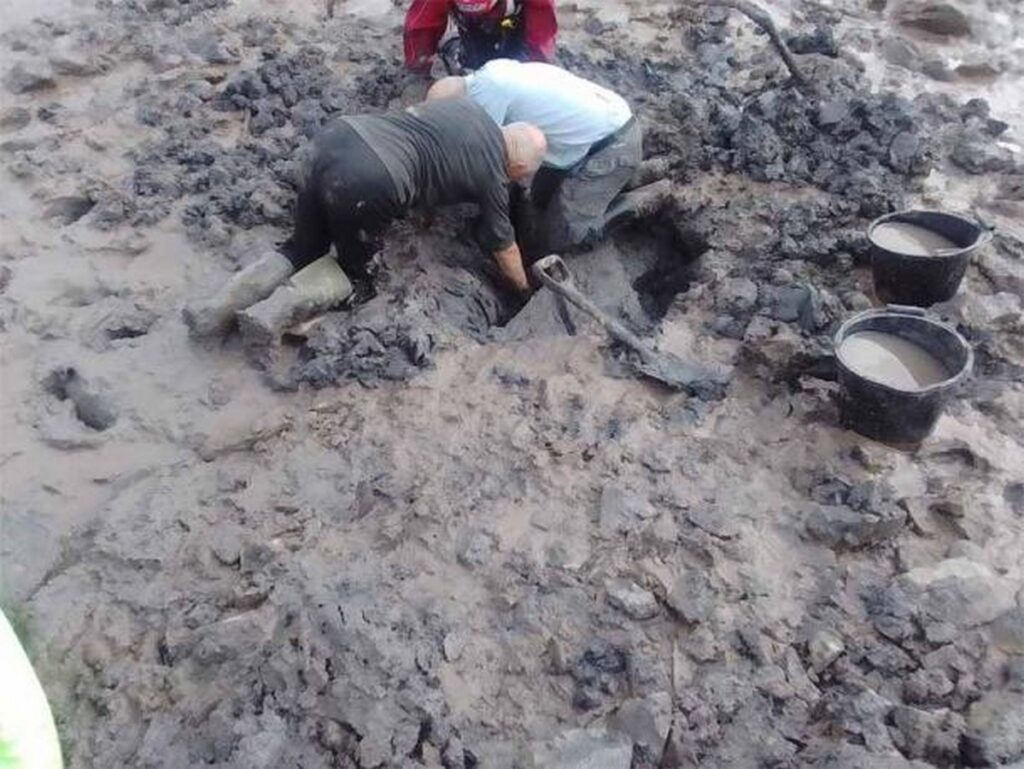
A Link Between England and Wales
The Roman crossing, thought to be a vital link between England and Wales, predates modern transportation networks. Connecting upstream of Chepstow to Tutshill in Gloucestershire, it served as a crucial route between these regions long before the countries took their current forms.
Uncovering History Through Collaboration
Members of the Severn Area Rescue Association (SARA) played a crucial role in the excavation, providing expertise and assistance in navigating the challenging terrain. Their involvement ensured the safety of personnel and facilitated the exploration of the muddy riverbank.
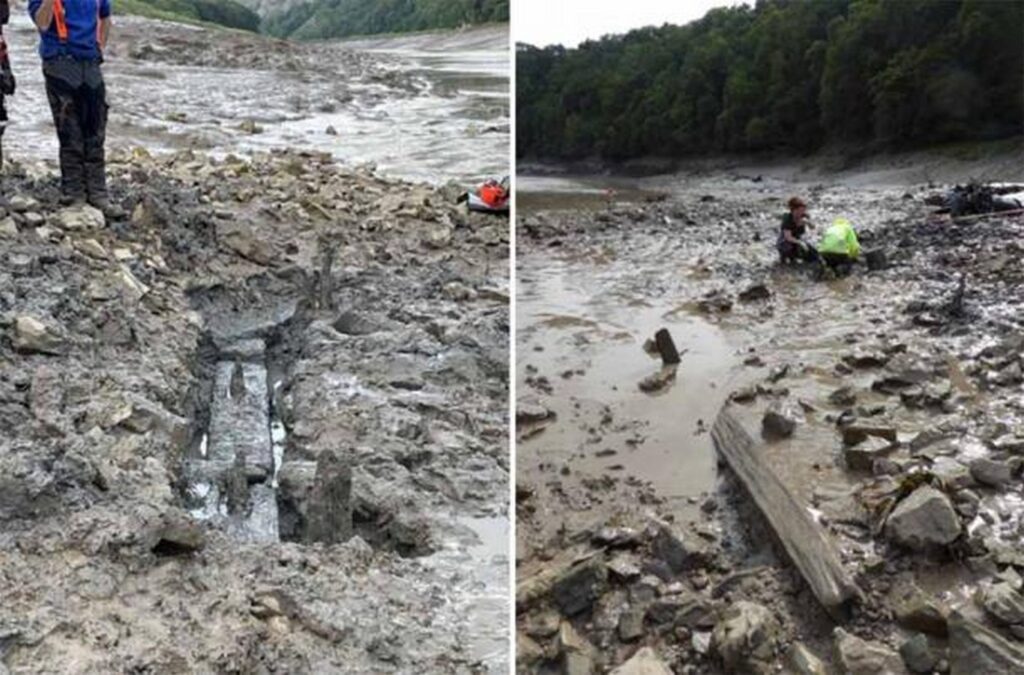
A Rediscovered Relic
Remarkably, this crossing was initially discovered in 1911 by Dr. Orville Owen but had remained buried in mud until now. Its precise location had been a mystery, making its recent rediscovery all the more significant.
Chepstow: A Tapestry of History
Chepstow boasts a rich history dating back to prehistoric times. From its Roman origins as “Isca Silurum” to its transformation into a strategic stronghold under Norman rule, the town’s archaeological sites offer glimpses into its diverse past.
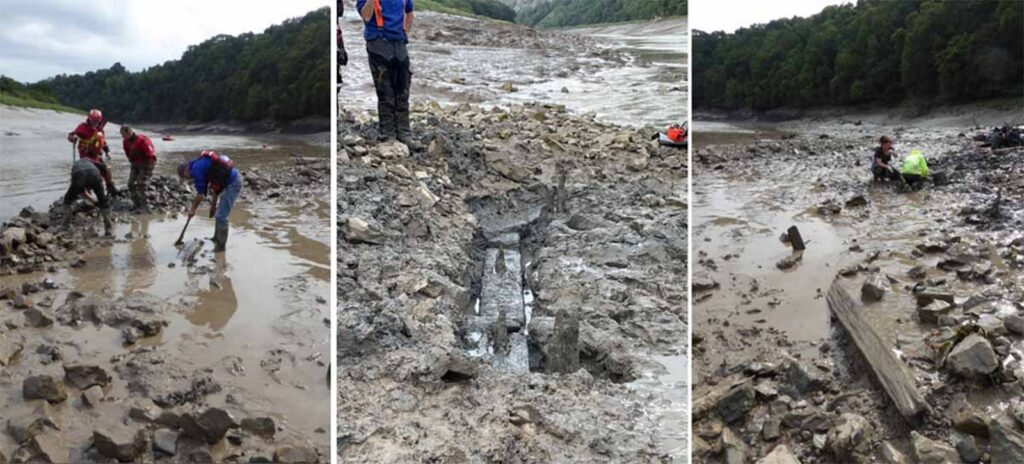
Preserving the Legacy
As excavations continue and dating results emerge, the discovery of the Roman crossing promises to enrich our understanding of ancient civilizations and their interconnectedness. It serves as a testament to the enduring legacy of human ingenuity and the importance of preserving our shared heritage.


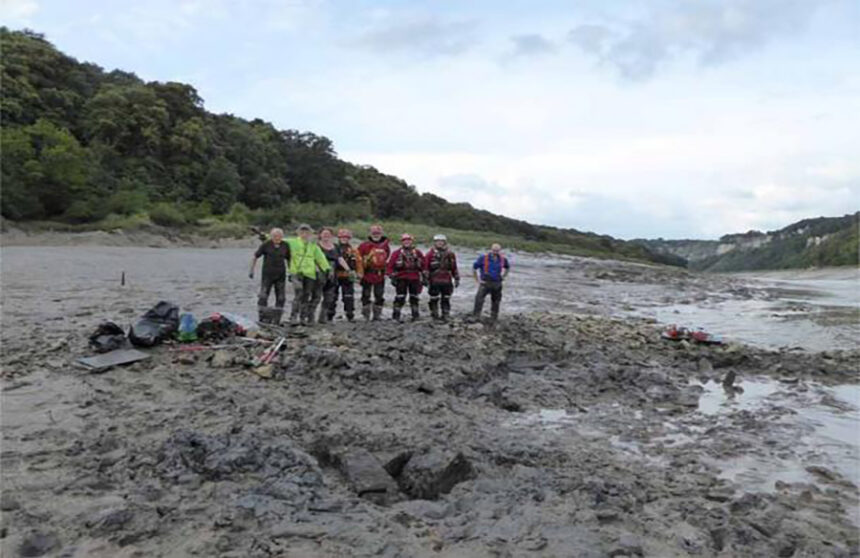
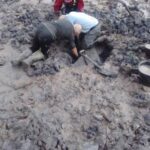
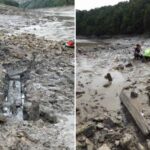
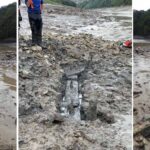
Leave a Reply